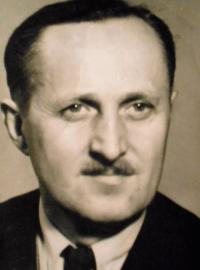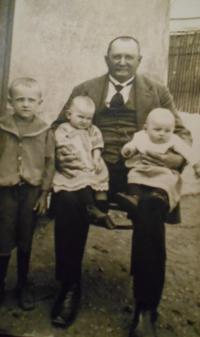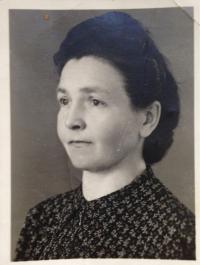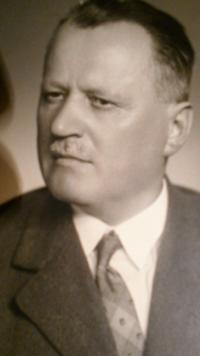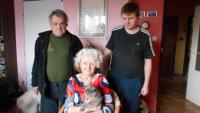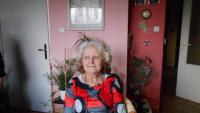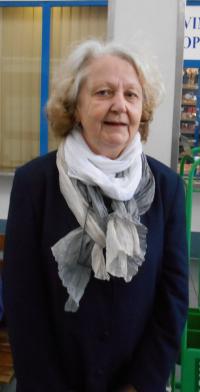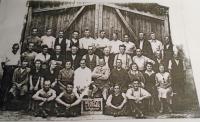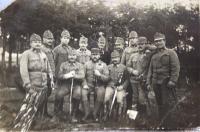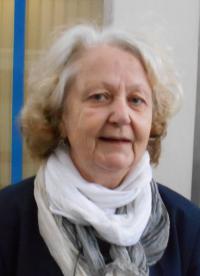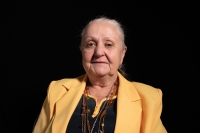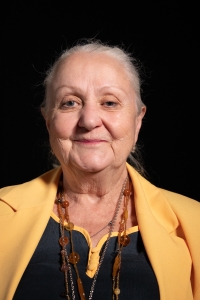We should have lined your family up against a wall and shot like in Russia.
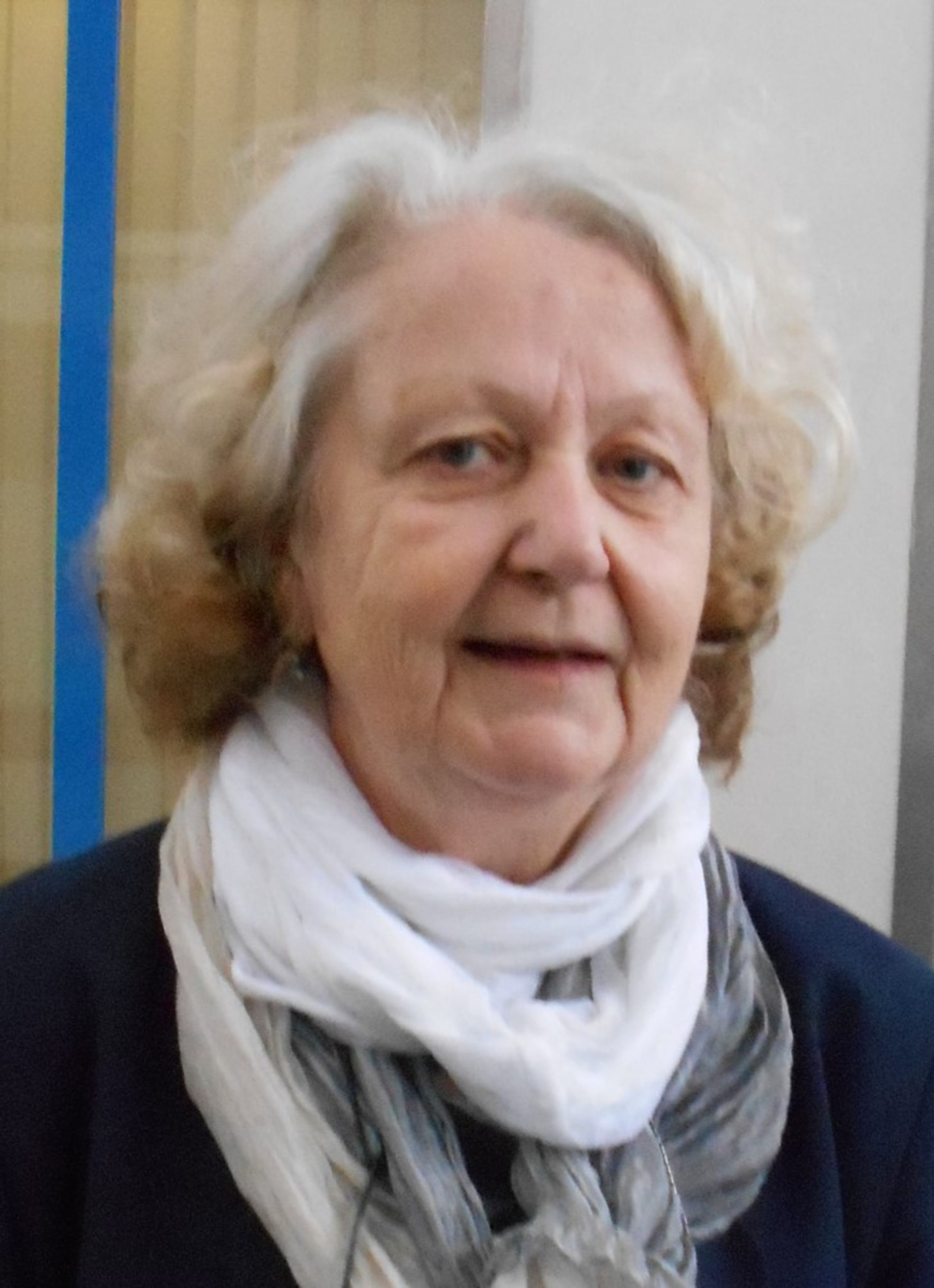
Download image
Olga Tichá, née Fraňková, was born in Mělník on 17 March 1945 into the family of factory owner František Franěk and his wife Marie. She had two elder brothers. The family lived in Dolní Beřkovice. František Franěk built a leather goods factory in Dolní Beřkovice. Since it employed a hundred people, it was one of the first to be nationalised by the communists right after 25 February 1948. They deliberately tore the family apart sending František Franěk to work in Velké Meziříčí from where he could only return home for Sundays. Marie Fraňková, her three children and her sick mother-in-law were moved to a barren apartment in a dilapidated castle in Beřkovice. The family was left destitute. They were not entitled to food stamps and ‘Gottwald’s millionaires’ tax’ was deducted from the father’s salary. The only job the mother was offered was a toilet cleaner in their former factory. Olga Tichá faced humiliation and bullying in school because of her bourgeois origin. She also faced difficulties in her family, because her mother became greatly emotionally unstable under the weight of existential worries, which she vented on her daughter. The witness was not allowed to study in high school with school-leaving certificate for political reasons. Eventually she joined the secondary school of horticulture in Děčín thanks to nepotism and a falsified report. In 1964 she suffered a serious accident and lost both her legs. She managed to cope and worked at Sempra after graduation. She started a family and raised four children. After the 1989 revolution, the family regained the factory through privatisation but were unable to maintain production. Olga Tichá lived in Dolní Beřkovice in 2022.
